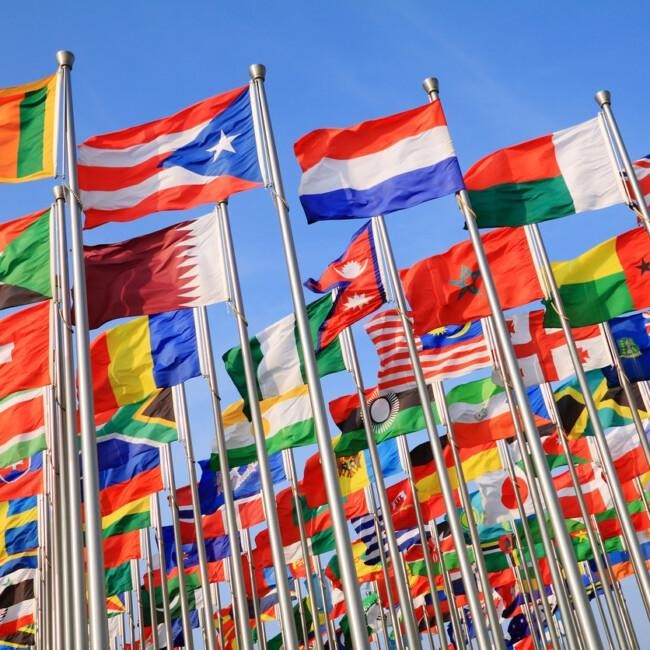
The research project will analyse the role of connectivity in Asia, broadly in the Indo-Pacific region, and its linkages with security, economy and (sustainable) development.
In an era of Great-Power contestation, economy, security and development policy are increasingly intertwined. This is particularly clear in the field of connectivity, which is strongly associated with the building of infrastructure, but also heavily securitized, imbued with geopolitics, and linked to (sustainable) development.
The research project approaches Asia as a superregion, i.e., a region defined by various functional and connective links rather than by geographical borders. These functional links in the sphere of connectivity serve as a prime tool for major powers to consolidate contending spheres of interests. Contentious connectivity is a key element in the ongoing great-power competition in the Indo- Pacific as a superregion. At the same time, however, connectivity can also lead cooperation at different levels in the form of infrastructure alliances and partnerships.
The working hypothesis of this project is that the infrastructures of connectivity will not only serve as a major site of contestation, but also provide opportunities for cooperation in the decades to come. Moreover, the shedding and building of connective tissues have the potential to both accelerate and decelerate great-power competition. The project will explore (1) superregionalism as a theoretical concept, (2) connectivity strategies of major players, (3) the interplay between economy, security and development policy, and (4) the role of normative frameworks and institutional fora in the sphere of connectivity.
The project will run from 1.5.2021 until 30.4.2023.










